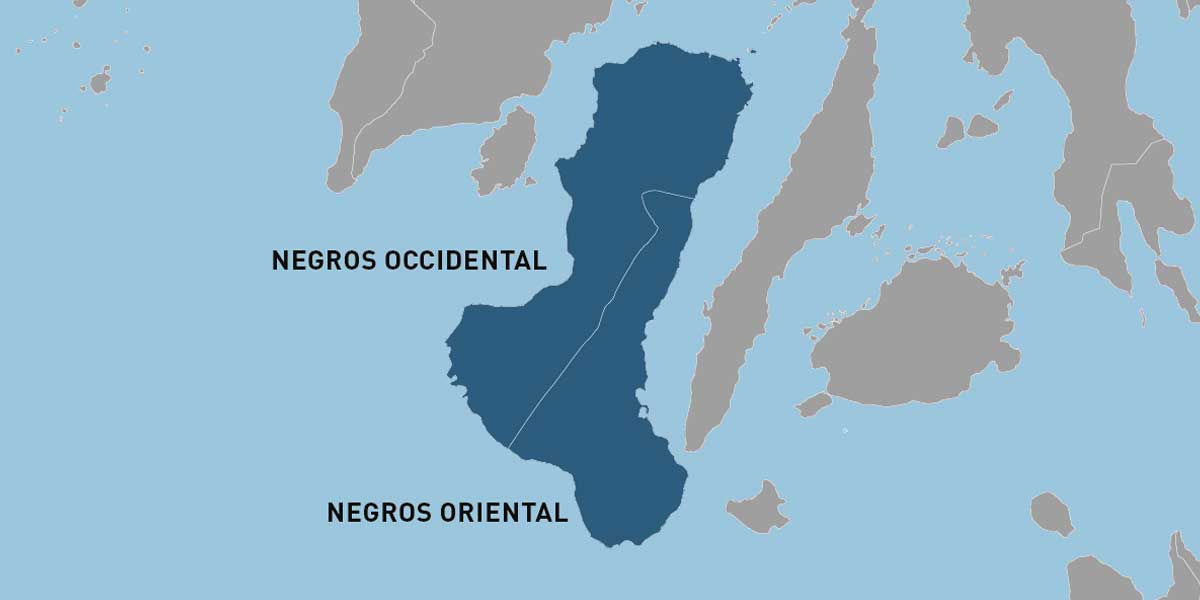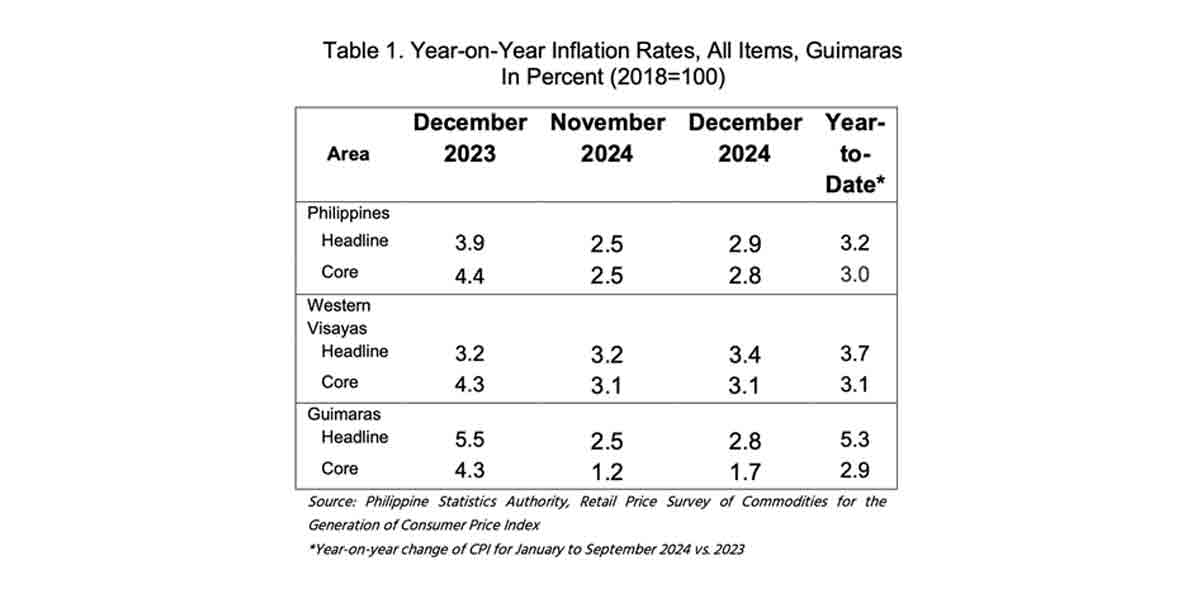The Financial Stability Coordination Council (FSCC) recently released the Systemic Risk Crisis Management (SRCM) Framework in line with the FSCC’s mandate to continuously enhance the resilience of the country’s financial system.
The SRCM framework identifies key actions required to assess, categorize, manage, and communicate systemic risks.
The framework covers continuous surveillance of risk-related trends, review of infrastructures, conduct of systemic stress tests, and arrangements for communication, both under normal and stressed conditions. It also has a particular focus on climate-related and cyber security risks.
“Financial Stability requires preemptively assessing systemic risks so as to enhance resilience by mitigating shocks to the system. Financial stability also requires strengthening the ability of the financial system to recover should shocks occur. The SRCM framework pushes us to be better prepared,” said Bangko Sentral ng Pilipinas (BSP) Governor and FSCC Chairman Benjamin E. Diokno.
“The FSCC also believes that we need to enable stakeholders to make well-informed financial decisions. The Council underscores the importance of effective communication because crisis management must be a collective effort among all stakeholders,” the FSCC Chairman explained.
The FSCC is an inter-agency council composed of the BSP, Department of Finance, Insurance Commission, Philippine Deposit Insurance Corporation, and Securities and Exchange Commission. It is the venue for financial market authorities to identify, monitor, manage, and mitigate the build up of systemic risks in the Philippine financial system.
Systemic risks refer to financial system disruptions caused either by external shocks or from risk behaviors within the system. A risk is considered as systemic if the disruptions caused in a segment or the entire financial market have the potential to adversely affect the broader economy.
The SRCM Framework is available on the websites of the BSP and other FSCC-member agencies.




















